When you really need a cup of coffee fast, instant coffee can be ready in seconds. While it may be convenient, there are certain processes that coffee goes through to be turned into instant coffee flakes. This changes the structure of the coffee and also may use additives that may or may not affect your body. This article will look at a few points to help you determine if instant coffee is something that you should be drinking.
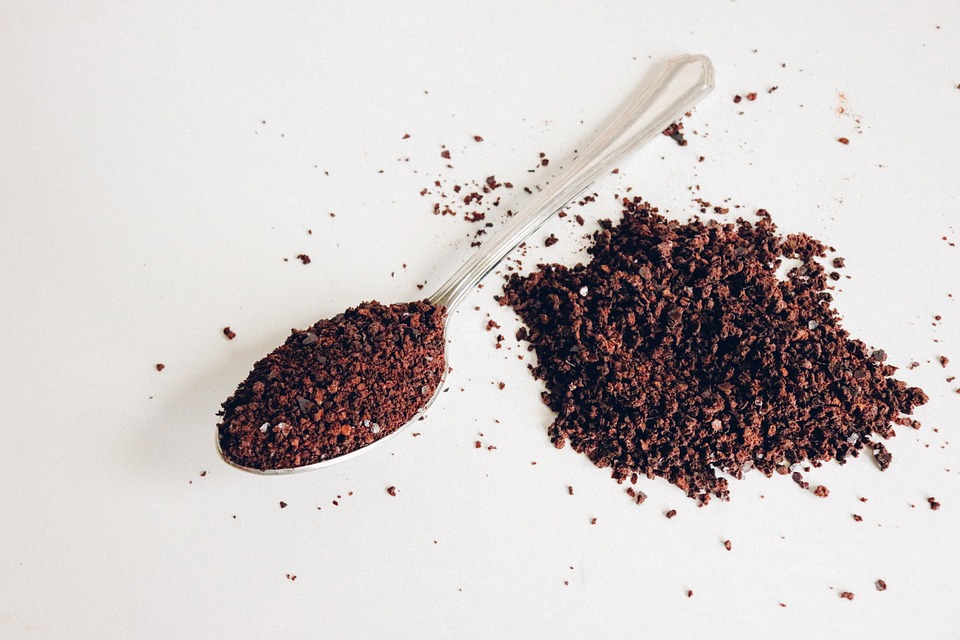
Is Instant Coffee Bad for You?
While brewed coffee can actually have health benefits for your body, instant coffee still offers the same health benefits, but may have negative effects due to processing. Instant coffee is made from actually brewing coffee beans and then freeze-dried. The process takes the water out and leaves you with just dissolvable flakes. You can then rehydrate the flakes in a cup of hot water.
Caffeine is the active ingredient in instant coffee and is a stimulant. It has been shown that instant coffee per cup may contain less amounts of caffeine than fully brewed coffee. The only issue is that instant coffee is easier to make and some people tend to drink more of it. This may result in side-effects such as shakiness, trouble sleeping, racing heart, and irritability.
Excessive Intake May Cause Problem in Iron Absorption
One major effect on the body of drinking instant coffee is, iron deficiency anemia. If you drink instant coffee before, during or after meals, your body absorbs less iron. The stronger you drink your instant coffee, the less iron you absorb. The only time your body absorbs iron properly is if you drink instant coffee one or more hours before mealtimes.
Potential Risk of Acrylamide
is instant coffee bad for you? There is the point of how instant coffee is processed. Instant coffee contains negligible levels of acrylamide. This is a chemical that forms when things are heated to over 248 degrees Fahrenheit. Instant coffee must be heated to dehydrate properly. Acrylamide has been shown to be toxic to the neurological system and may cause cancer in animals.
How Much Instant Coffee Can You Take?
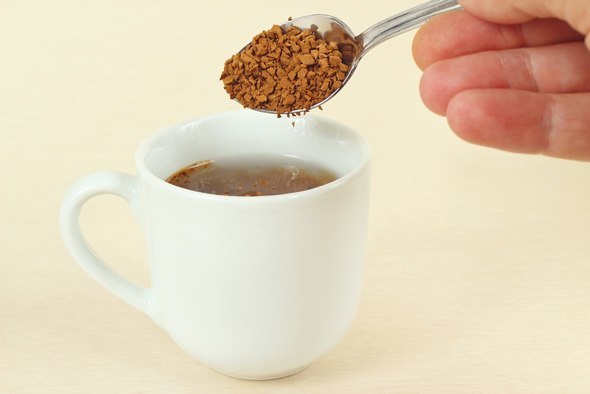 Instant coffee has considerably less caffeine than brewed coffee. If you are looking to cut back on caffeine, instant coffee often looks like a good choice. For an 8-ounce cup:
Instant coffee has considerably less caffeine than brewed coffee. If you are looking to cut back on caffeine, instant coffee often looks like a good choice. For an 8-ounce cup:
- Instant coffee contains about 27-173 mg of caffeine
- Regular brewed coffee contains about 102-200 mg of caffeine
The amount of caffeine you can handle from coffee each day is really up to how your body reacts to it. Some people tend to have more anxiety and jitters the more they drink, and some even react to just a small amount of coffee. The caffeine in instant coffee, even though it is less, can still cause the same issues with a stimulant effect if you drink enough.
What you really need to worry about is getting exposed to the chemical, acrylamide. If you get too much in your system, you may be at increased risk for cancer and nervous system damage. Drinking instant coffee in small to moderate amounts can help reduce the amount of acrylamide that gets into your system. Since instant coffee has double the amount of acrylamide over brewed coffee, reduce your consumption of instant coffee to less than you would drink of regular coffee.
If you want to know, "Is instant coffee bad for you?" the safe suggested amount for instant coffee is no more than 3 to 5 cups daily. Studies show staying within these parameters can help reduce the risk of both cancer and neurotoxicity. It can also reduce caffeine exposure in those who are sensitive.
Alternatives to Instant Coffee
There are other things you can drink to feel awake in the morning or as an afternoon "pick-me-up." Try these delicious alternatives that are good for you:
1. Smoothies
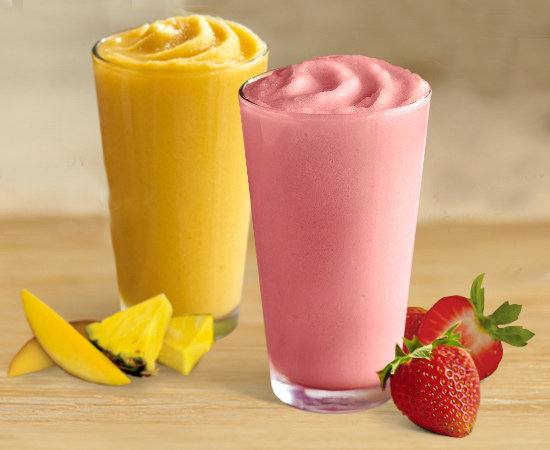 Try making a smoothie packed full of vitamins and minerals to give your body a boost. Smoothies can be high in sugar, but if you’re not on a sugar restricted diet a smoothie with a source of protein will help prevent blood sugar spikes. Take a handful of fresh fruits, a scoop of yogurt, orange juice and a few ice cubes and blend. Sprinkle in some protein powder and you get a good boost at any time of day.
Try making a smoothie packed full of vitamins and minerals to give your body a boost. Smoothies can be high in sugar, but if you’re not on a sugar restricted diet a smoothie with a source of protein will help prevent blood sugar spikes. Take a handful of fresh fruits, a scoop of yogurt, orange juice and a few ice cubes and blend. Sprinkle in some protein powder and you get a good boost at any time of day.
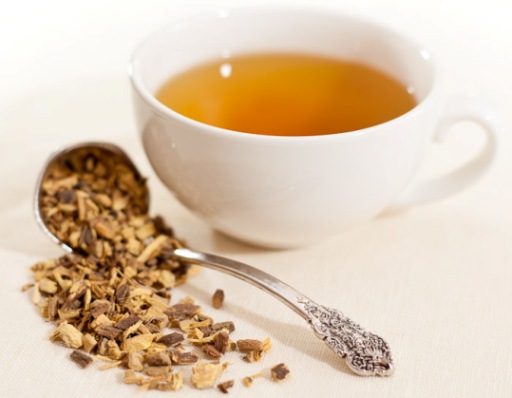 2. Licorice Tea
2. Licorice Tea
Licorice tea is a good caffeine-free alternative to coffee. It can help give your adrenal glands a boost and help your body deal with stress better. It gives you an all-natural energy boost and even has a nice flavor if you like licorice. You can drink it as a tea or take licorice tonic for the same effects.
3. Wheatgrass Juice
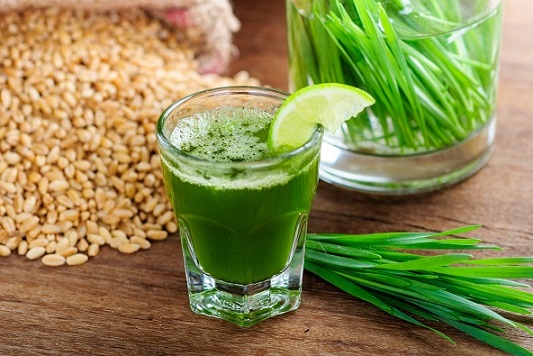 Wheatgrass gives you a natural energy from a powerhouse of vitamins and minerals inside each blade of grass. While it may not taste too good, some really like it. Everyone who uses wheatgrass knows this is one of the healthiest juices you can drink. It is easily digested and absorbed by the body. You can even add a scoop of protein powder for an added boost of nutrition.
Wheatgrass gives you a natural energy from a powerhouse of vitamins and minerals inside each blade of grass. While it may not taste too good, some really like it. Everyone who uses wheatgrass knows this is one of the healthiest juices you can drink. It is easily digested and absorbed by the body. You can even add a scoop of protein powder for an added boost of nutrition.
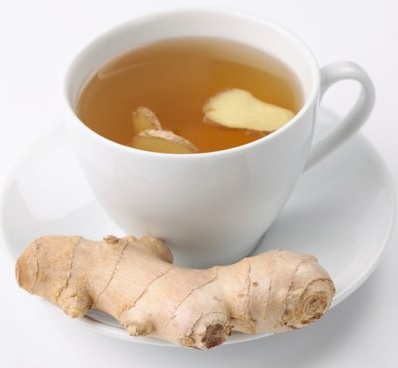 4. Siberian Ginseng Tea
4. Siberian Ginseng Tea
Ginseng tea is a root that has a bitter flavor. Ginseng is an all-natural source of energy for the body and best taken with some honey or stevia to sweeten the taste. It can help boost your brain power and give you energy on the spot.
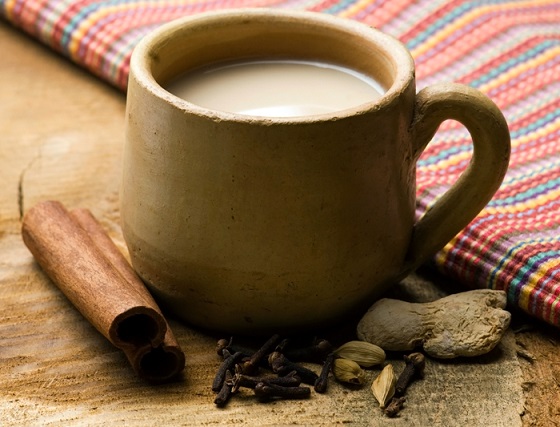 5. Chai Tea
5. Chai Tea
Chai tea is quickly becoming a popular drink, but has long been used as a drink in India. It is made from black tea, infused with spices including ginger, cinnamon, and cardamon. Then it is steeped with milk and has a rich and creamy taste. It does have some caffeine to help boost your energy levels, but in safe amounts.
